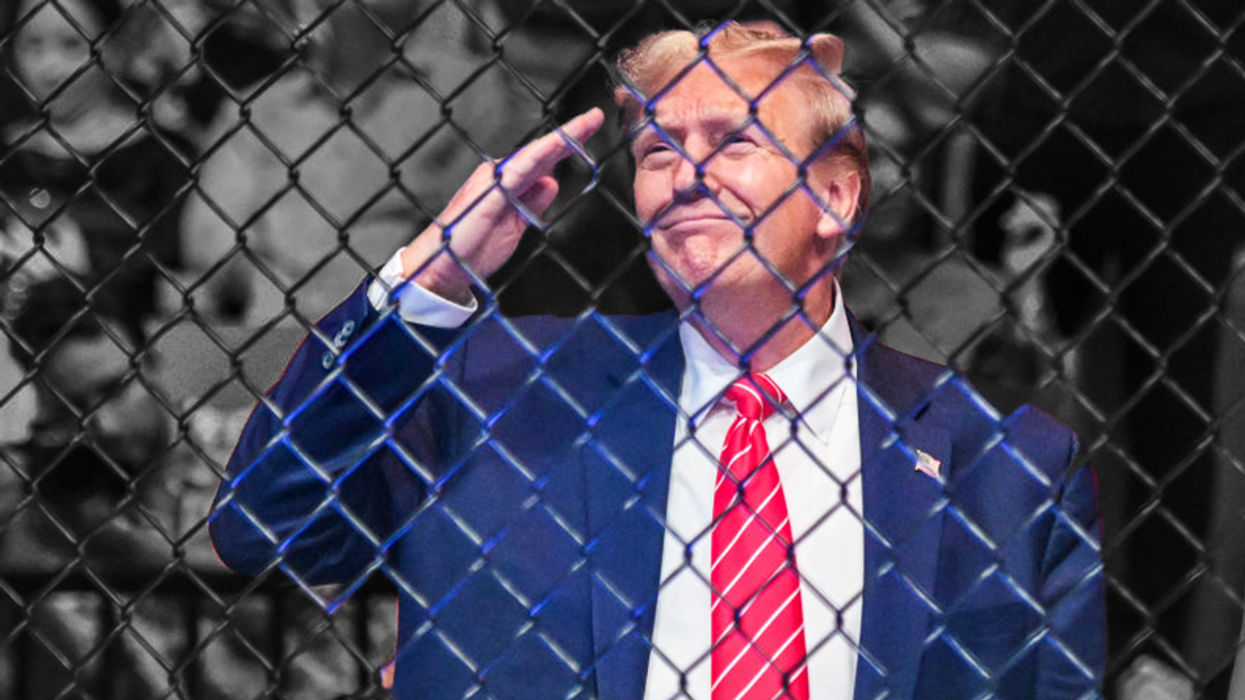
© 2024 Blaze Media LLC. All rights reserved.
On his radio show today, Rush Limbaugh mentioned an email he got about a Club for Growth report that Newt supported the "Fairness Doctrine" back in 1987. If that's going to be thrown out there, let's at least find out what the claim is and if Newt has a response.
Here's the relevant text from the Club for Growth "presidential white paper" on Newt Gingrich:
POLITICAL FREE SPEECHMaximizing prosperity requires sound government policies. When government strays from these policies, citizens must be free to exercise their constitutional rights to petition and criticize those policies and the politicians responsible for them.
Except for one large blemish, Gingrich has what seems to be a clear, strong, and positive stand on behalf of political free speech.
In 1995, he countered calls for spending restrictions in campaigns by noting the 1992 presidential campaigns combined spent half of the major television networks' news budgets. He said giving journalists free, unlimited access to the public while restricting campaign contributions represented "a nonsensical socialist analysis based on hatred of the free enterprise system."
Gingrich has rightly been a harsh critic of the McCain-Feingold Bipartisan Campaign Finance Reform Act, saying in 2006 that it ought to have been named the "McCain-Feingold censorship law" and compared it to the Sedition Act of 1798.
According to Gingrich,
"A truly functioning campaign system would take power out of Washington and return it to its owners—the American people. Such a system would allow individuals to make unlimited contributions to candidates for Congress in their district, so long as it is reported immediately on the Internet and is transparent and accessible."
Gingrich strongly supported Citizens United in their challenge against the constitutionality of the McCain Feingold bill, and recently appeared in a video produced by Citizen United commemorating the anniversary of the successful ruling.
Nevertheless, Gingrich supported the "Fairness Doctrine" in 1987, a proposal that would force broadcasters to air all sides of a controversial issue. It obviously infringes 1st Amendment rights and it can only lead to bigger government as bureaucrats haggle over what's controversial, what's "fair", and other details.
Here's the Newt campaign's response to the charge from their website:
Newt does not support the Fairness Doctrine and he has been vocally critical of the left's efforts to reinstate the doctrine over the past decade, including supporting Mike Pence's bill that prohibited government censorship in radio in 2007.In 1987, the three left-wing networks plus PBS/NPR dominated media, and talk-radio was still nascent; many of America's most influential conservative activists, including the American Conservative Union and Phyllis Schlafly, supported the Fairness Doctrine at this time.
The rapid growth of conservative viewpoints in the media in the last 25 years is a testament to the power and innovation of the conservative movement once power is taken out of the hands of the elite networks and put into the hands of consumers.
Want to leave a tip?
We answer to you. Help keep our content free of advertisers and big tech censorship by leaving a tip today.
Want to join the conversation?
Already a subscriber?
more stories
Sign up for the Blaze newsletter
By signing up, you agree to our Privacy Policy and Terms of Use, and agree to receive content that may sometimes include advertisements. You may opt out at any time.
© 2024 Blaze Media LLC. All rights reserved.
Get the stories that matter most delivered directly to your inbox.
By signing up, you agree to our Privacy Policy and Terms of Use, and agree to receive content that may sometimes include advertisements. You may opt out at any time.


